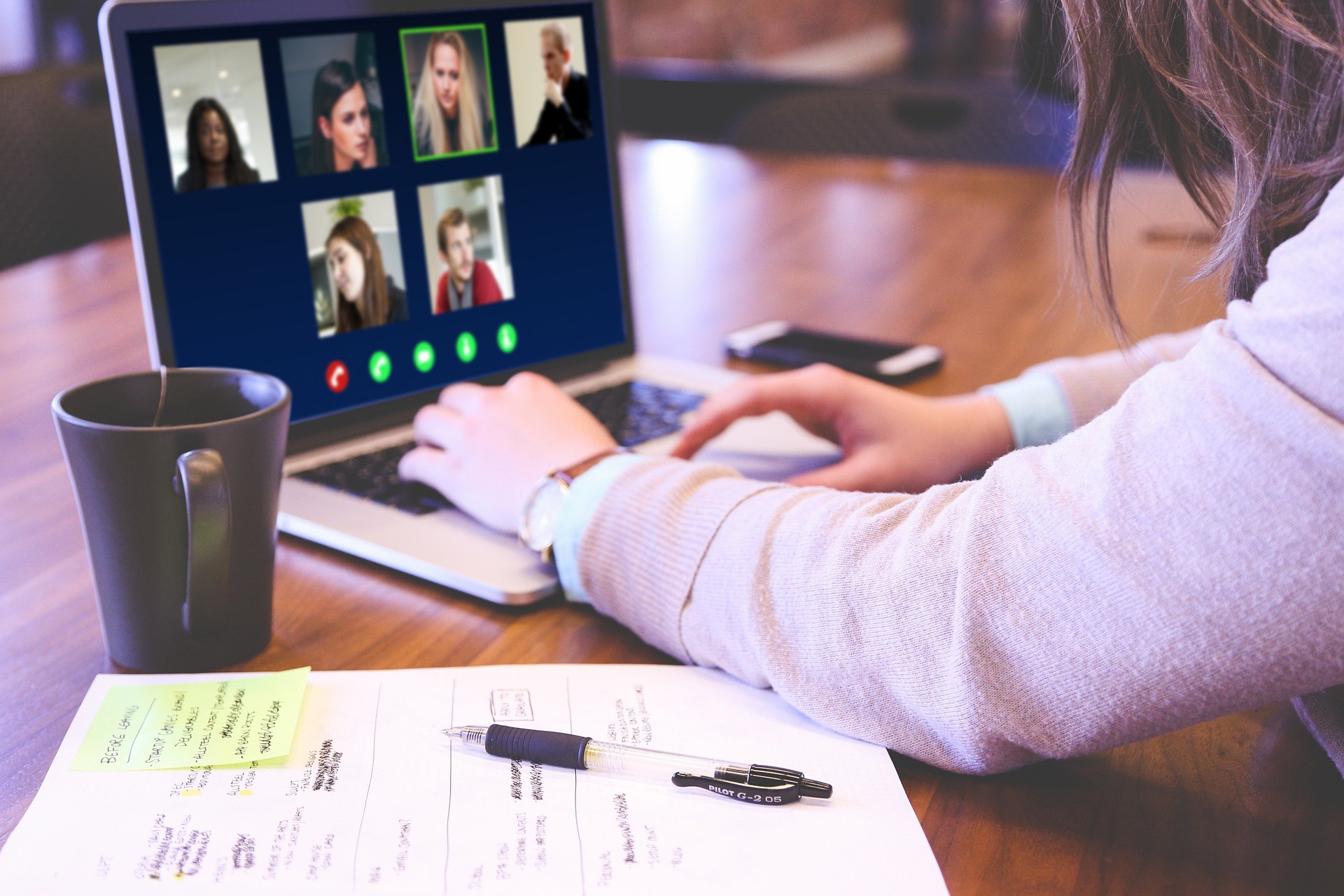The impact of COVID-19 on mobility has also affected international hiring. In case you have been in the process of relocating for a new job or work as a hiring manager looking to hire internationally, you have probably faced several challenges. The truth is that relocation is still possible though a bit more complicated.
Here are the most frequently asked questions about hiring internationally during COVID-19.
How long does it take to hire internationally?
Before COVID-19, a relocation process would usually take around 90 days. But currently, since the rate of infections is different in different countries, an exact estimate is impossible to give.
It will depend on whether the embassies are still closed or opened and accepting visa applications. You should check the status of the embassy frequently as the situation often changes from day to day, as well as visa requirements. In the meantime, have all the required documents ready – translations, degree recognition, support with housing.
What to do when you have already hired someone, but they are starting remotely?
In case you have hired already, but the employee is starting remotely, make sure that you are available for them. The situation is very different in some countries and they might need additional support. Just being present can be enough but also try to include the employee in the company’s culture as much as possible and provide a good plan for remote onboarding.
What about quarantine regulations?
Again, the situation with quarantine regulations changes frequently so you have to keep an eye on the current state. Depending on the country of arrival, most often the required quarantine period is 14 days. Individuals coming from high-risk areas must contact the local health office, then go straight to their point of accommodation and stay there for 14 days. In some countries, having a negative molecular COVID-19 test done 48 hours before arrival can grant a quarantine exemption.
How to support an employee who has recently relocated?
During COVID-19, most of us are working remotely. But a recently relocated employee might face various challenges under these unusual circumstances. Being in a new environment, far from family and friends, without a support circle, can take its toll. Make sure that you check if you can provide any additional support if needed. Set up remote coffees and meet-ups with the rest of the team, and try to provide as much as possible information and knowledge for the next steps.
What to keep in mind if an employee needs to extend or change their work permit?
Most of the Foreign Agencies closed in March but currently, many of them are starting to open and accept applicants for appointments. Check if they are accepting in person or should an online application must be done first. Prepare all the needed documentation and make sure that all the personal details, type of title, and file numbers are specified.
In summary
It is not as easy as it used to be to relocate people anymore, and it will probably stay the same for the foreseeable future. Plan ahead and put a realistic timeframe on your plan. Expect all sorts of things to not work the way they should. The most important thing is to show and provide support for the talents you are hiring – thus contributing to their overall well-being in these difficult times and increasing the chances of their engagement.



